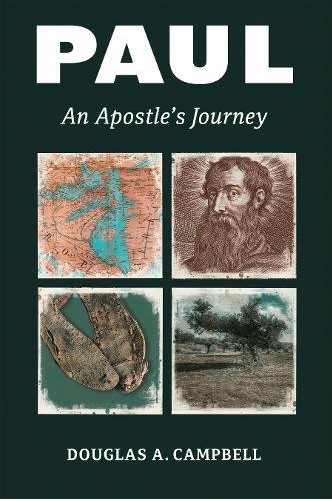 Humans look at others and assign the others a social location. Not all humans do this because there are some who like to think they don’t assign others. We may strive not to assign others but those who are successful are few indeed. The Romans did not even try; in fact, status and honor and social location was the Roman Empire. When the apostle Paul, therefore, invaded the Roman Empire with a gospel that radically subverted the quest for status in the Roman Empire, called cursus honorum, he met more than an ordinary challenge. Judaism itself had its own form of the cursus honorum so his quest to create a church without status shaping one’s identity and value became constant pastoral theme.
Humans look at others and assign the others a social location. Not all humans do this because there are some who like to think they don’t assign others. We may strive not to assign others but those who are successful are few indeed. The Romans did not even try; in fact, status and honor and social location was the Roman Empire. When the apostle Paul, therefore, invaded the Roman Empire with a gospel that radically subverted the quest for status in the Roman Empire, called cursus honorum, he met more than an ordinary challenge. Judaism itself had its own form of the cursus honorum so his quest to create a church without status shaping one’s identity and value became constant pastoral theme.
Enter now a brand new book by Joseph Hellerman called Embracing Shared Ministry: Power and Status in the Early Church and Why It Matters Today. Hellerman has updated and made his dissertation highly accessible — fit for any pastor or Bible student. The book is a pastoral theology that gives a cruciform shape to power. Here is a book that makes the Roman and historical context of direct value for today’s pastoral ministry.
So what was status like in the Roman Empire?
1/50th of the Roman Empire was made of the elites, and the elites encompassed the Senators, the Equestrians, and Decurions, and each of these had gradations within the status. The non-elites, the 49/50ths of the Roman Empire, were the Freeborn (citizens and non-citizens), the Freedmen (citizens, non-citizens), and slaves. How did one become Elite? Family and ancestry, mostly, but wealth and land were involved. But one could not buy one’s way into the Elites.
Perhaps most notable was how Elites marked themselves out.
First was clothing: the toga and the color of one’s stripes (broad purple for senators, thin purple for equestrians with a gold ring on the finger) and freedmen were known for their “cap of liberty.” One ought, then, to see the clothing statements in the NT to be a potential source for postures toward the Roman Empire, and I’m thinking of Jesus in Matthew 11 and James 2 and the statements about women’s attire in Paul and Peter.
Second was where one sat in public gatherings and banquets. Think of Jesus’ funny parable about where to sit (sabotaging a system) and James and John’s request to be at the left and right of Jesus in Mark 10. Meals marked one’s status. Invitations mattered; seating did too. Sitting above one’s status could get you in trouble, and Hellerman provides good discussion.
Third the courtroom where status mattered sometimes more even than justice and law.
Hellerman’s point then is to provide the groundwork for the cursus honorum, the Roman quest to be honored in one’s society. I think he overdoes the quest of honor but there is no doubt honor mattered deeply to the elites (more so than among the non-elites). To parade one’s status, or to acquire honor, which was as much done by the one who wanted it and had it than by others, a person participated in public benefactions, like building fountains or bridges or stadiums. And on the monument or benefaction one paraded one’s titles.
He sees three levels of honor: Rome’s Elites, local government, and one’s private associations. The big picture is that there were various titles from the lowest to highest: quaestor, aedile, praetor, consul (and then emperor, of course). Those titles were mimicked in what he calls “value replication” in local communities and then even lower in one’s voluntary associations (religious, guilds, et al).
His focus in the Philippian church and he sees the temptation to value replication in the church as he sees the church as a kind of Roman association. Perhaps laying his strongest foundation is that Philippi was a Roman colony formed around Roman leaders, especially military status and culture, who were intent on replicating Rome in Philippi so that the cursus honorum shaped the elite culture and worked its way down.










